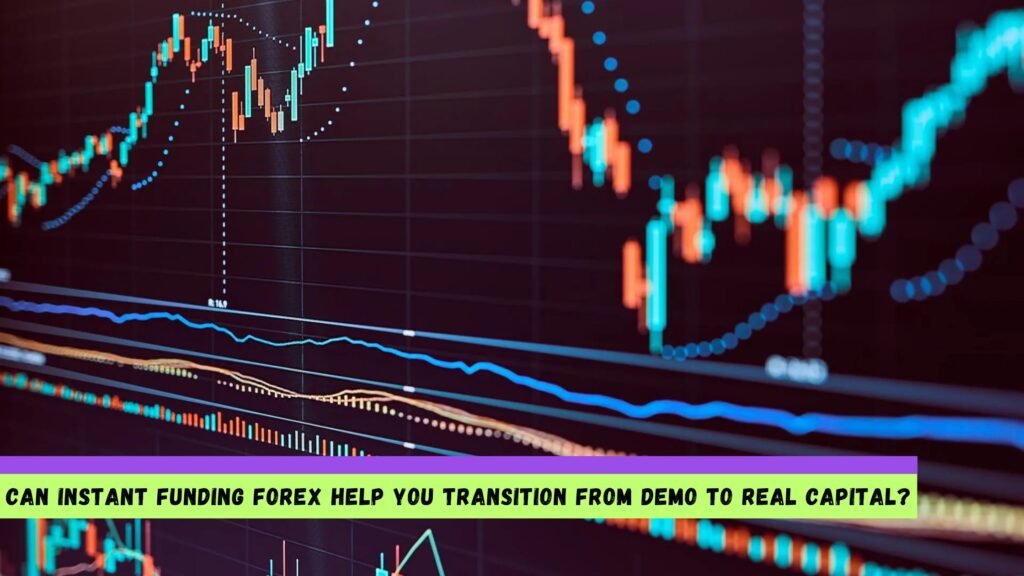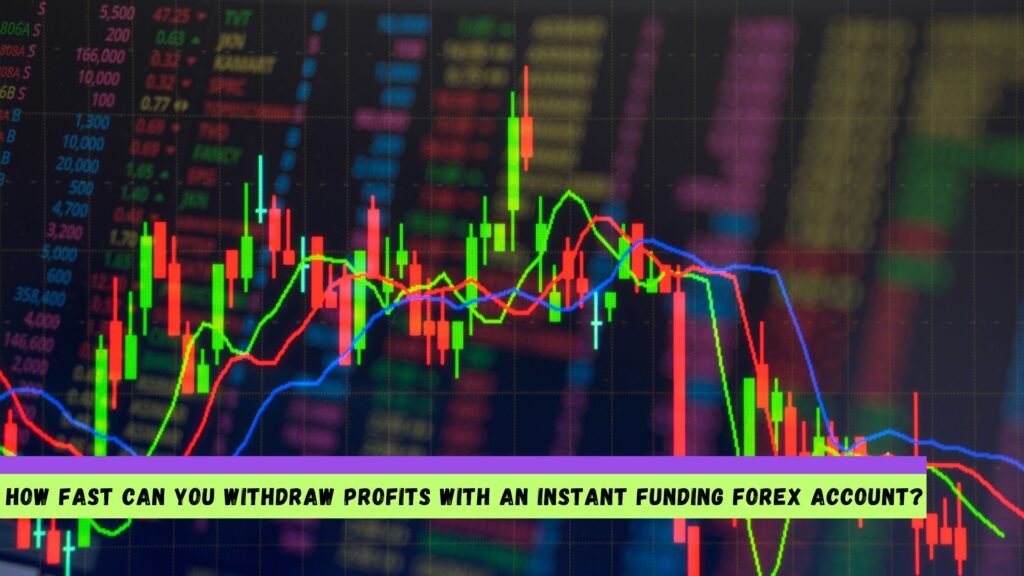FTMO has been in the prop trading industry for almost 10 years now and they have been a preferred choice for many traders and dominating the firms as a dominant force. They offer challenge accounts and let traders access capital once they pass the evaluation phase.
In this FTMO review, we’ll dissect its funding model, evaluation process, pros and cons, and how it compares to emerging competitors like Funded Squad, a revolutionary prop firm reshaping the industry with instant funding, lower profit targets, and guaranteed payouts.
What is FTMO? An Overview
FTMO is a proprietary trading firm founded in 2015, designed to identify and fund skilled forex traders. The firm offers traders the opportunity to manage up to $200,000 in demo capital with profit-sharing benefits of up to 90%. FTMO is known for its structured evaluation process, which consists of two phases: the FTMO Challenge and the Verification step. Traders who pass these stages gain access to an FTMO Account where they can earn a share of their simulated profits.
Related Blog: Instant Funding vs. Evaluation-Based Funding: What’s Right for You?
FTMO’s Evaluation Process
FTMO’s funding process includes:
- FTMO Challenge – Traders must meet a 10% profit target while adhering to strict risk management rules, including daily and overall loss limits.
- Verification Phase – The profit target is reduced to 5%, but traders must continue following risk management guidelines.
- Funded Trader Status – Upon successful completion, traders receive an FTMO account where they earn up to 90% of their profits.
While FTMO provides an established model, its evaluation process can be difficult to pass, requiring traders to maintain disciplined strategies under pressure.
FTMO: Pros and Cons
Pros:
✅ High-profit splits (up to 90%)
✅ Large account sizes (up to $200,000)
✅ Educational tools and performance coaching
✅ Reputable and established prop firm
Cons:
❌ Strict evaluation process with a high failure rate
❌ No instant funding options
❌ Potential delays in payouts compared to newer firms
❌ Limited flexibility in trading strategies
Comparing FTMO to Funded Squad
FTMO remains one of the top choices for traders seeking funding, but newer firms like Funded Squad are introducing more trader-friendly models with instant funding, lower profit targets, and more flexible payout structures.
FTMO vs. Funded Squad: Which One is Better?
| Feature | FTMO | Funded Squad |
| Evaluation Required | Yes (2-step process) | No (Instant Funding Available) |
| Profit Target | 10% (Phase 1) & 5% (Phase 2) | 6% (Lowest in Industry) |
| Profit Split | Up to 90% | Up to 100% |
| Account Growth | No scaling plan | Double account size with every 10% profit |
| Payout Speed | Bi-weekly | Instant payouts with RISE integration |
| Cost | Starts at $155 | Starts at $249 with instant funding |
Why Funded Squad is the Future of Prop Trading
Funded Squad is gaining traction as a top competitor to FTMO because it eliminates many of the common roadblocks traders face:
- Instant Funding – Skip the evaluation and start trading immediately.
- Lower Profit Targets – Instead of 10%, Funded Squad requires only 6% to move forward.
- Scalability – Traders can double their account size with every 10% profit, making it a sustainable choice.
- Guaranteed Payouts – Unlike traditional firms, Funded Squad ensures fast and seamless payouts.
Related Blog: Hidden Features of Instant Funding Prop Firms You Need to Know
Which Prop Trading Firm is Right for You?
If you prefer a structured approach with a proven firm, FTMO is a great choice. However, if you’re looking for instant funding, lower targets, and guaranteed payouts, Funded Squad is the superior alternative.
Conclusion
As prop trading firms continue evolving, traders now have more options than ever. While FTMO remains an industry leader, Funded Squad is revolutionizing the space by eliminating unnecessary challenges and giving traders the freedom to trade without restrictions. If you’re looking to fast-track your trading journey with instant funding and high-profit potential, Funded Squad is the future of prop trading.








